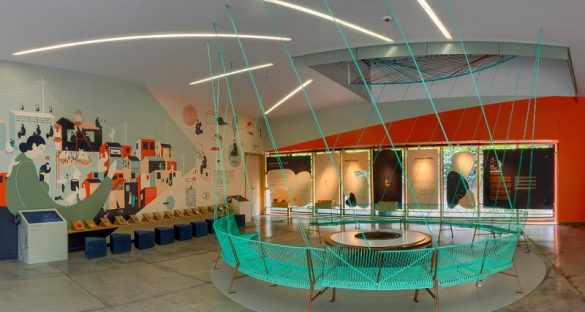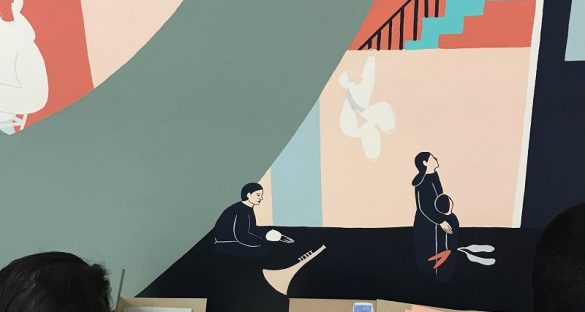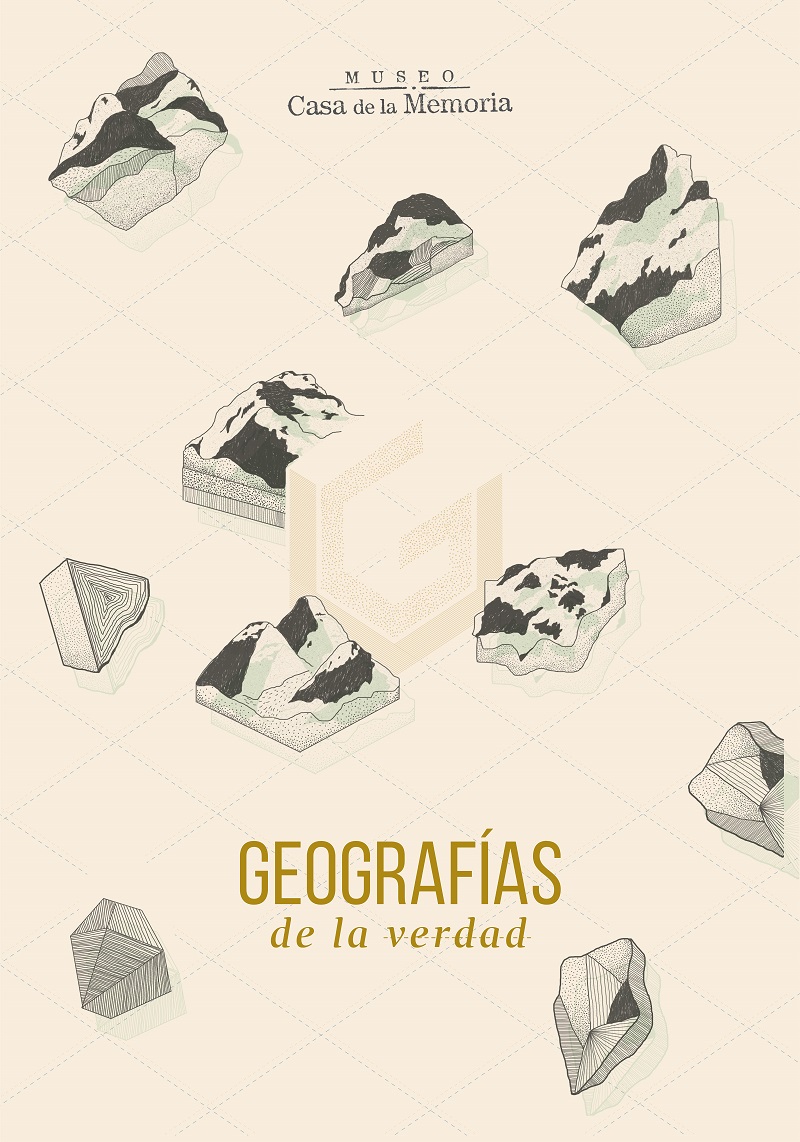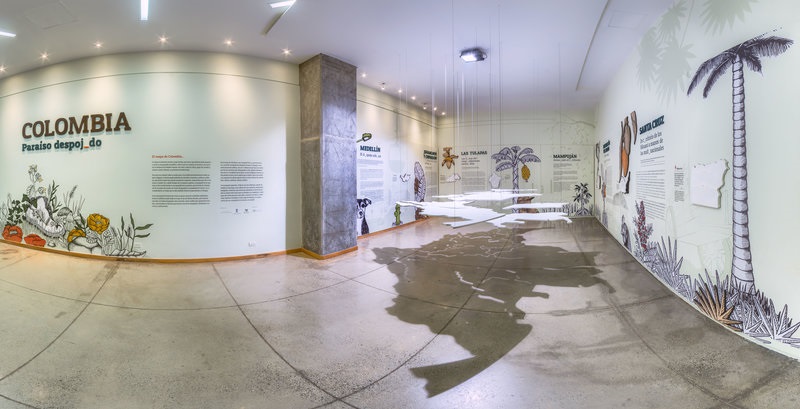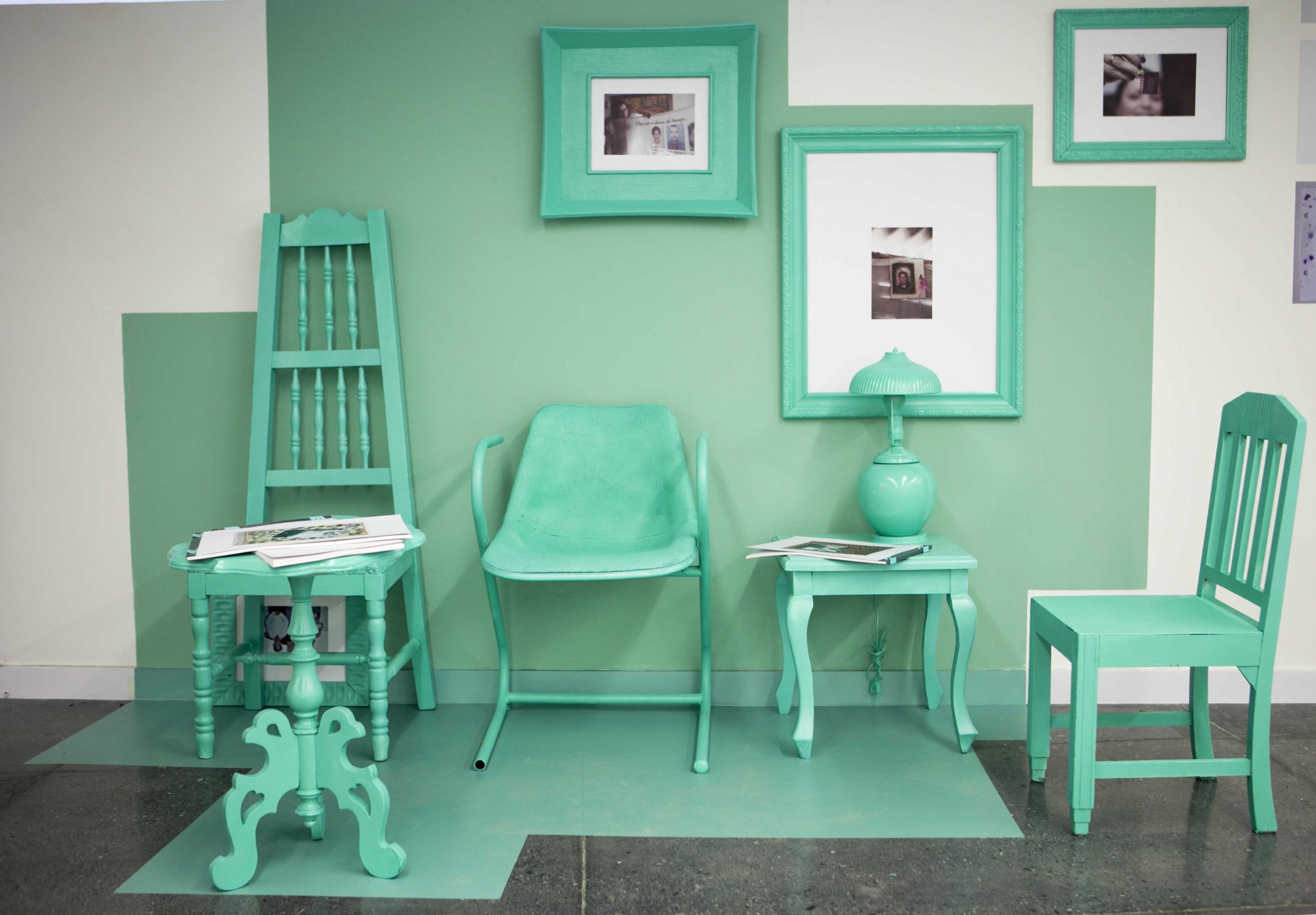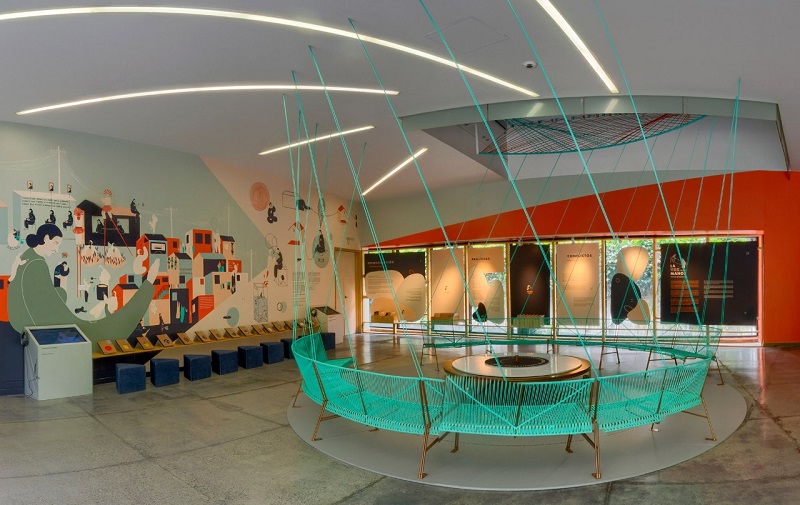En el momento de tránsito en que nos encontramos como sociedad, luego de la firma del acuerdo de paz, en el que indagamos nuestra historia y nos cuestionamos por el futuro que deseamos construir, se abren preguntas sobre la reconciliación, pero… ¿qué significa reconciliarse?, ¿cómo nos hemos reconciliado en Colombia?, ¿es posible reconciliarnos en una sociedad que aún se encuentra en conflicto?
Buscando responder estas preguntas, el Museo Casa de la Memoria explora en su nueva exposición “La voz de las manos, prácticas que reconcilian” las maneras en que las comunidades han generado procesos de reconciliación en sus territorios; esas formas en que han tratado de hilar nuevamente los lazos rotos por las distintas violencias y conflictos que han marcado nuestro pasado reciente.
Las experiencias que reúne esta exposición muestran que la reconciliación, más que un punto de llegada, es un proceso que se vive día a día, en el cual es necesario cuestionar nuestros imaginarios y prejuicios, y repensar las formas en que nos relacionamos en diversos ámbitos, entre estos: individual, social y político.
En un país en el que la violencia continúa dejando víctimas, y cuyo tejido social está fracturado, las prácticas cotidianas, comunitarias, culturales y artísticas propician espacios de encuentro con ese otro con quien se está en conflicto, favoreciendo nuevas formas de reconocernos, hablar, sentir y vivir.
